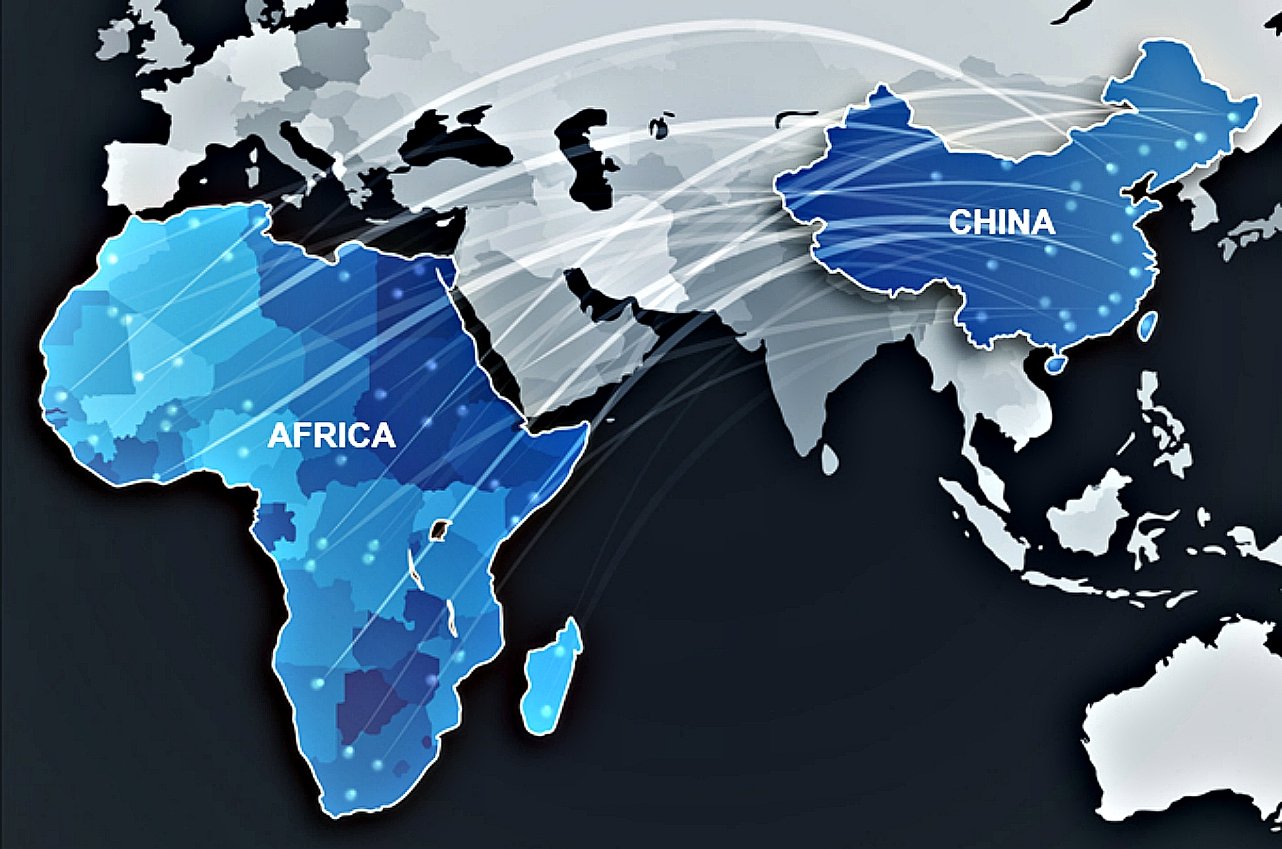Across the sprawling plains, bustling cities, and resource-rich territories of Africa, the influence of the People’s Republic of China has become an undeniable and transformative force.
What began primarily as trade has evolved into a deep and multifaceted engagement, touching nearly every facet of African life, from the infrastructure that underpins economies to the technology that connects societies, the food security that sustains populations, and even the political landscapes that shape governance.
Is Africa being remade in China’s image, and what are the implications of this silent yet seismic shift?
The steel and concrete narrative: Infrastructure as foundation
The most visible manifestation of China’s presence is the ambitious infrastructure drive.
In Kenya, the Standard Gauge Railway (SGR) Phase 1 connecting Mombasa to Nairobi, and the ongoing efforts for Phase 2 to Naivasha, stand as prime examples. Financed and largely constructed by the China Road and Bridge Corporation (CRBC), this multi-billion dollar project has significantly reduced travel time between the coast and the capital, although its economic viability and debt implications continue to be debated.
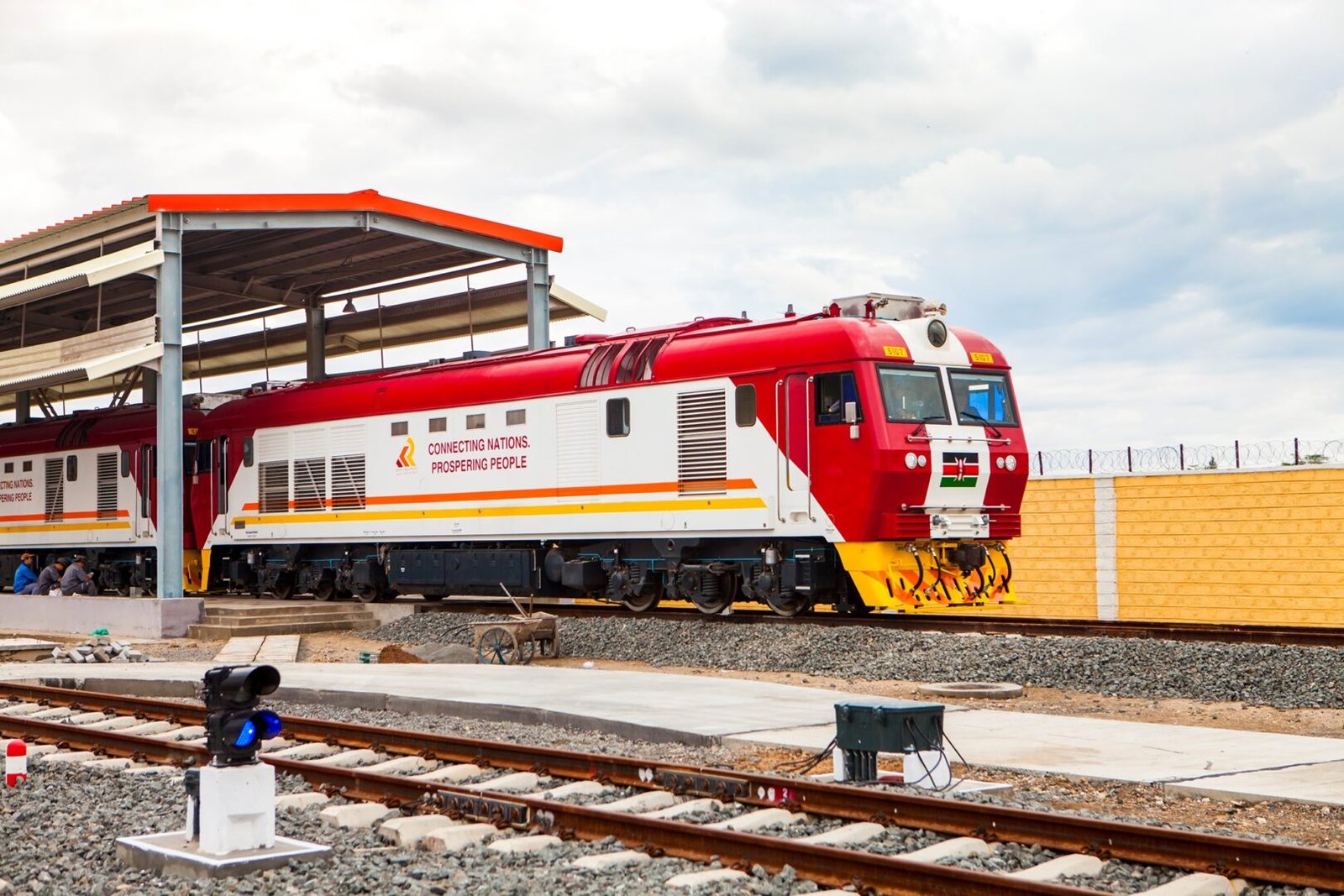
In Uganda, while large-scale railway projects have faced delays, Chinese companies have been involved in significant road infrastructure, such as the Entebbe-Kampala Expressway, built by China Communications Construction Company (CCCC).
This toll road has drastically cut travel time between the capital and the international airport, a crucial artery for business and tourism.
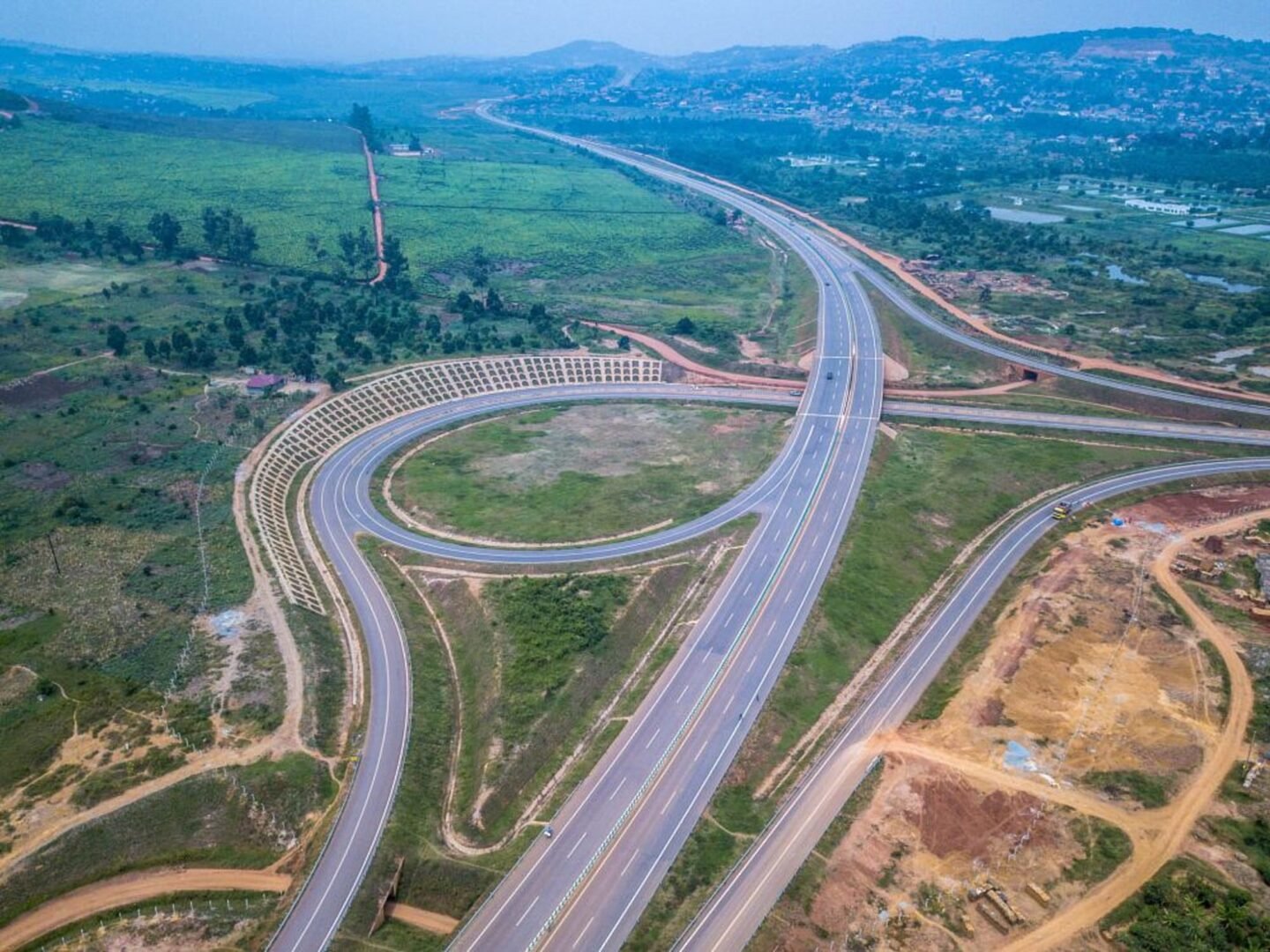
Furthermore, the Karuma Hydropower Project, although facing some setbacks, has seen significant Chinese involvement in its construction, promising to boost Uganda’s energy capacity.
Across the continent, in Nigeria, the Abuja-Kaduna Railway, also built by CCECC, is operational, offering a modern rail link between the capital and the northern city.
In Ethiopia, the fully operational Addis Ababa-Djibouti Railway, constructed by China Railway Group and China Civil Engineering Construction Corporation, has become a vital trade corridor, facilitating the movement of goods to the port of Djibouti.
These are not just blueprints; they are tangible projects reshaping the movement of people and goods.
Beyond bricks and mortar: Technology and the digital leap
China’s influence extends into the digital realm. Huawei has become a dominant player in Africa’s telecommunications infrastructure.
For instance, in South Africa, Huawei has been a key partner in the rollout of 4G and is involved in early 5G deployments with local operators like MTN and Vodacom.
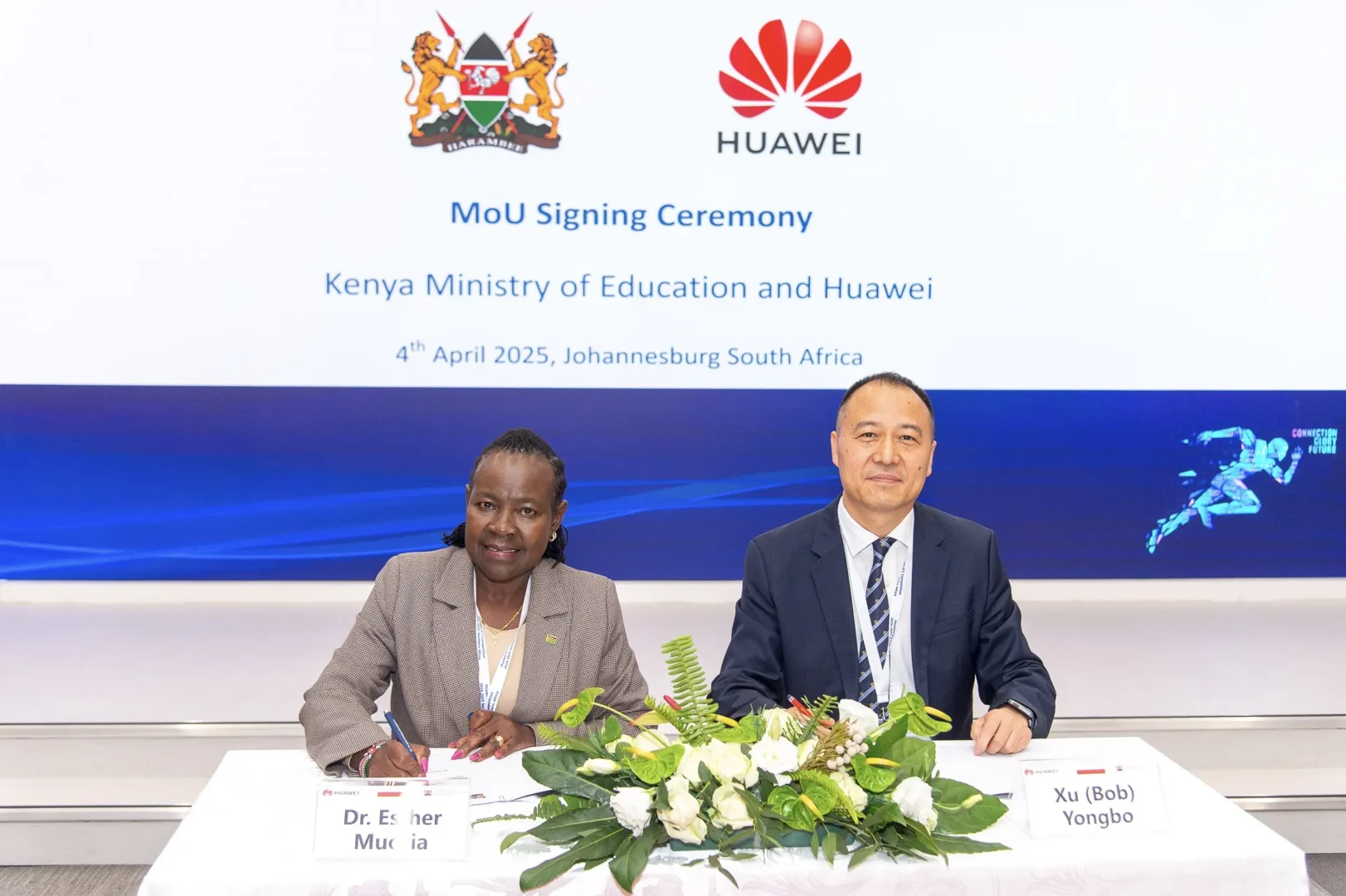
Their equipment forms a significant part of the backbone of mobile networks across the continent.
Similarly, ZTE has been instrumental in expanding network coverage in countries like Algeria and Egypt.
The accessibility of affordable smartphones manufactured in China has also democratized access to the internet for millions of Africans.
Initiatives like Huawei’s “Seeds for the Future” program, operating in multiple African countries including Kenya and Nigeria, provide ICT training to local talent.
Cultivating growth: China’s role in agriculture and climate change
In agriculture, China has established Agricultural Technology Demonstration Centers across Africa.
For example, the China-Uganda Agricultural Technology Demonstration Centre in Kajjansi provides training to local farmers on modern farming techniques, introducing new crop varieties and technologies.
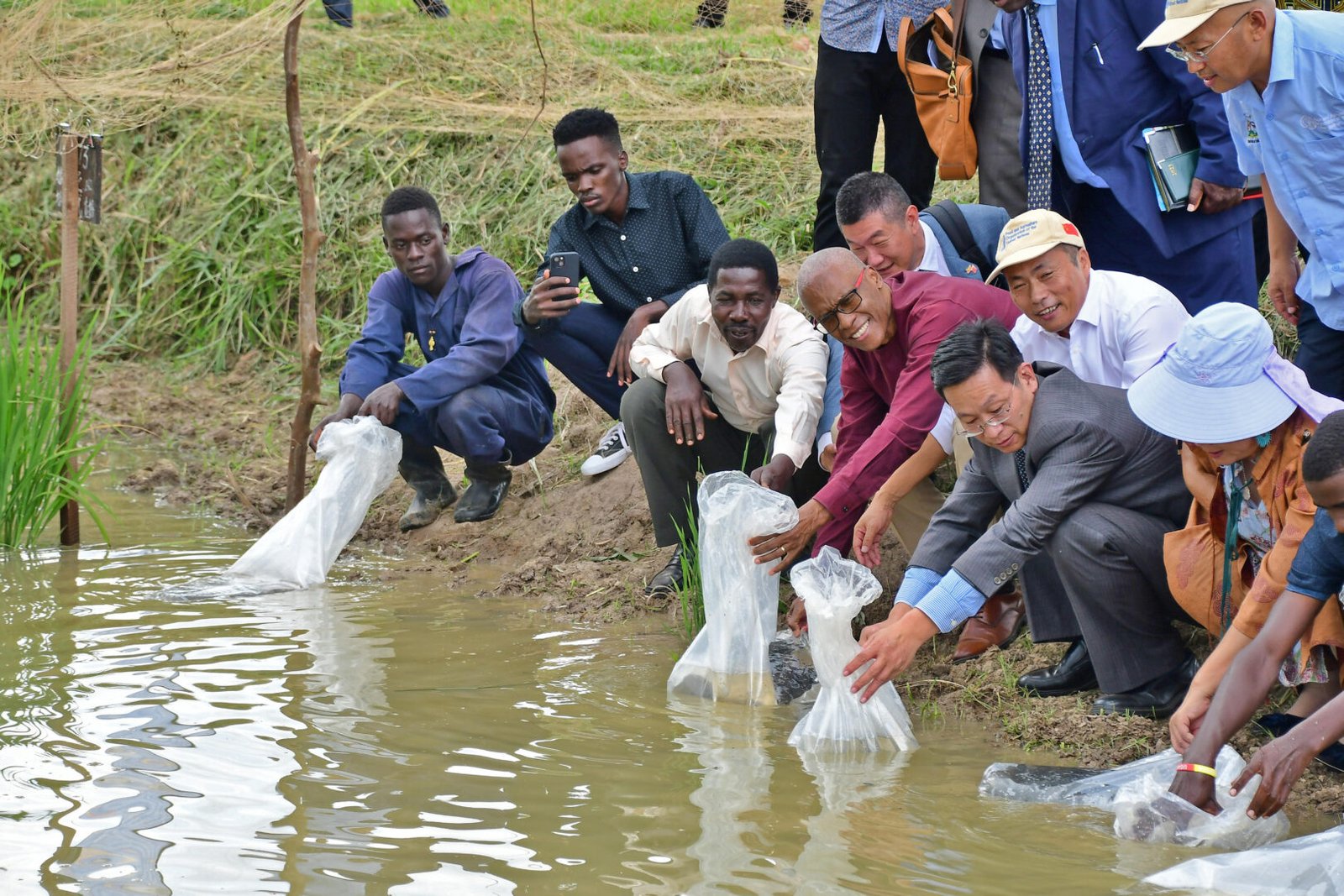
Similarly, in Tanzania, Chinese agricultural experts have been involved in projects aimed at improving rice cultivation.
Regarding climate change, Chinese companies are involved in renewable energy projects. The Aysha Wind Farm in Ethiopia, while not exclusively Chinese-funded, has seen Chinese companies as key contractors.
In Zambia, Chinese investment has gone into solar power projects.
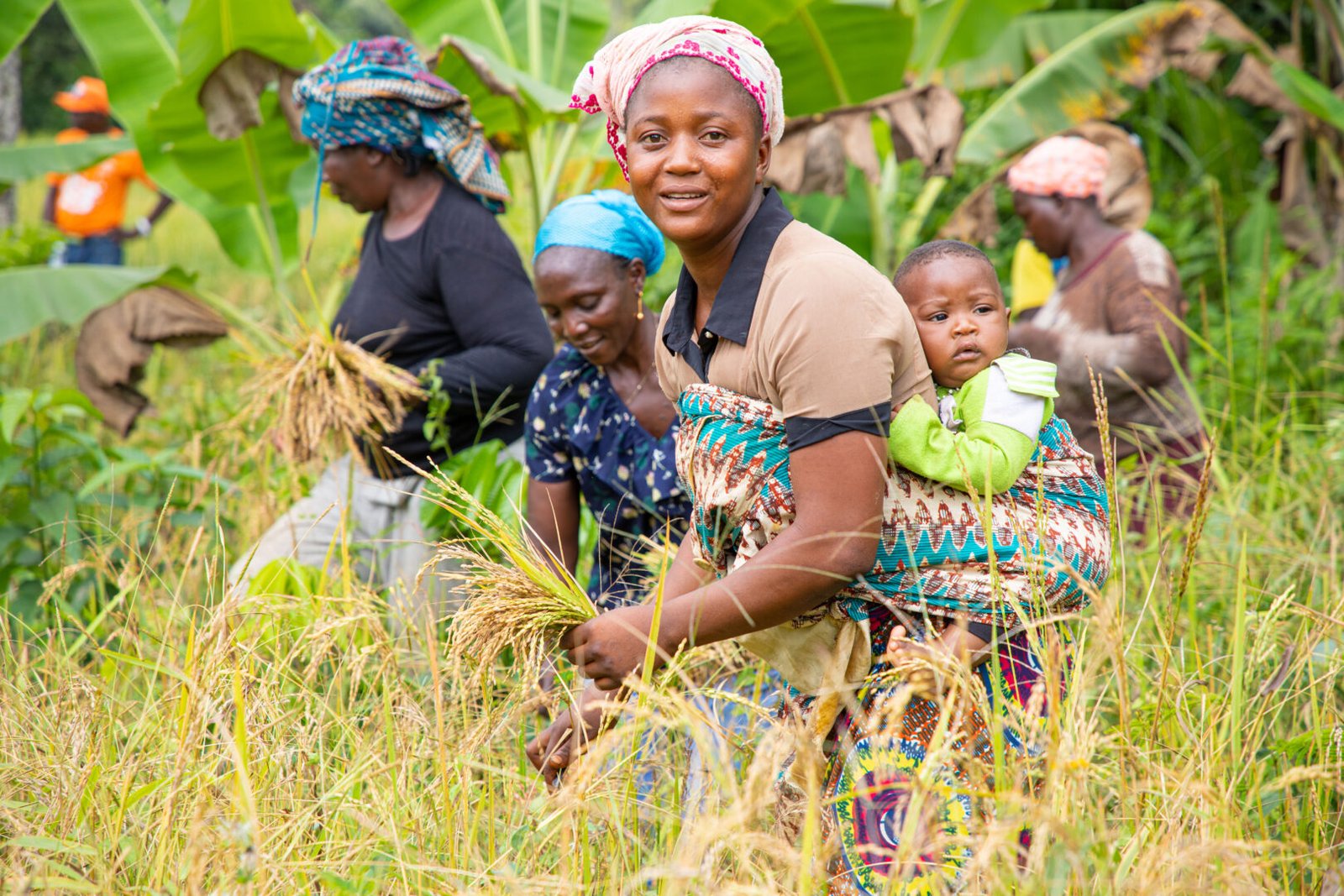
Furthermore, China is increasingly participating in forums and providing some funding for climate change adaptation initiatives across the continent, although the scale is still evolving compared to its infrastructure investments.
The political equation: Influence beyond economics
China’s political influence manifests in various ways. Its consistent support at the United Nations for African Union positions is one aspect.
In terms of direct political engagement, China has often played a role in mediating or observing peace processes in some African nations, though this is less prominent than its economic activities.
Regarding military cooperation, China has been a supplier of military hardware to several African countries. For instance, Nigeria has acquired Chinese-made fighter jets and other military equipment to combat insurgency.

Tanzania has historically had close military ties with China, utilizing Chinese-made weaponry.
While specific funding figures can be sensitive, the presence of Chinese military equipment and training programs in various African nations is well-documented through reports and military parades.
Educating the future: Investments in human capital
China’s investments in education are evident. Numerous African students receive scholarships annually to study in China. Universities across China host thousands of students from Kenya, Uganda, Nigeria, and other African nations.
On the continent, Confucius Institutes, like those at the University of Nairobi (UoN) in Kenya and Makerere University in Uganda, promote Chinese language and culture, often offering language classes and cultural events.
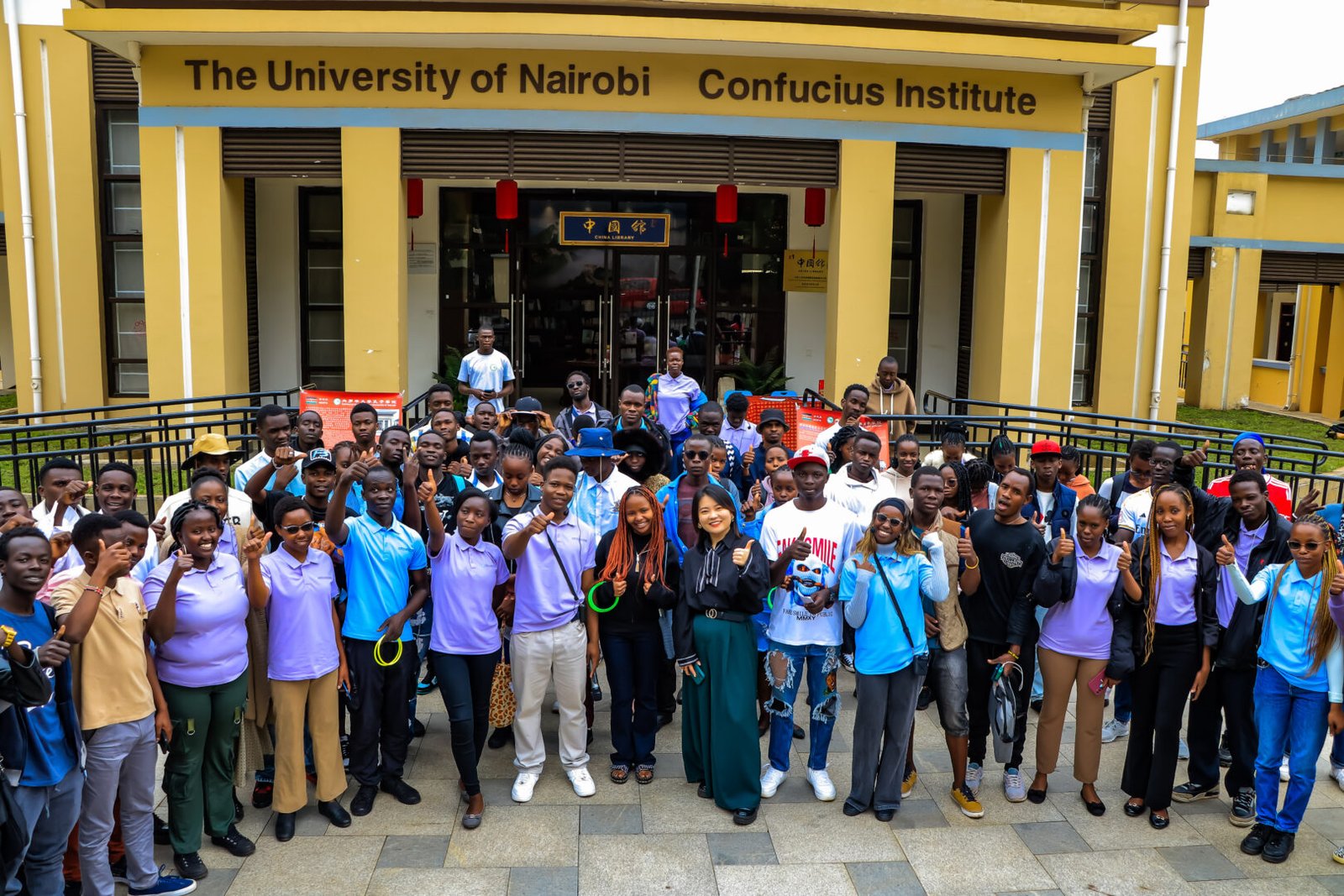
China has also funded the construction and refurbishment of schools in some African countries, although these are often smaller-scale compared to infrastructure projects.
The arteries of trade: A continent connected to China
Trade figures underscore the magnitude of this relationship. China has been Africa’s largest trading partner for over a decade. In 2023, trade between China and Africa exceeded $280 billion USD.
While African exports to China include raw materials like crude oil (from Angola and Nigeria), minerals (from Zambia and South Africa), and agricultural products, African imports from China are dominated by manufactured goods, machinery, and electronics.
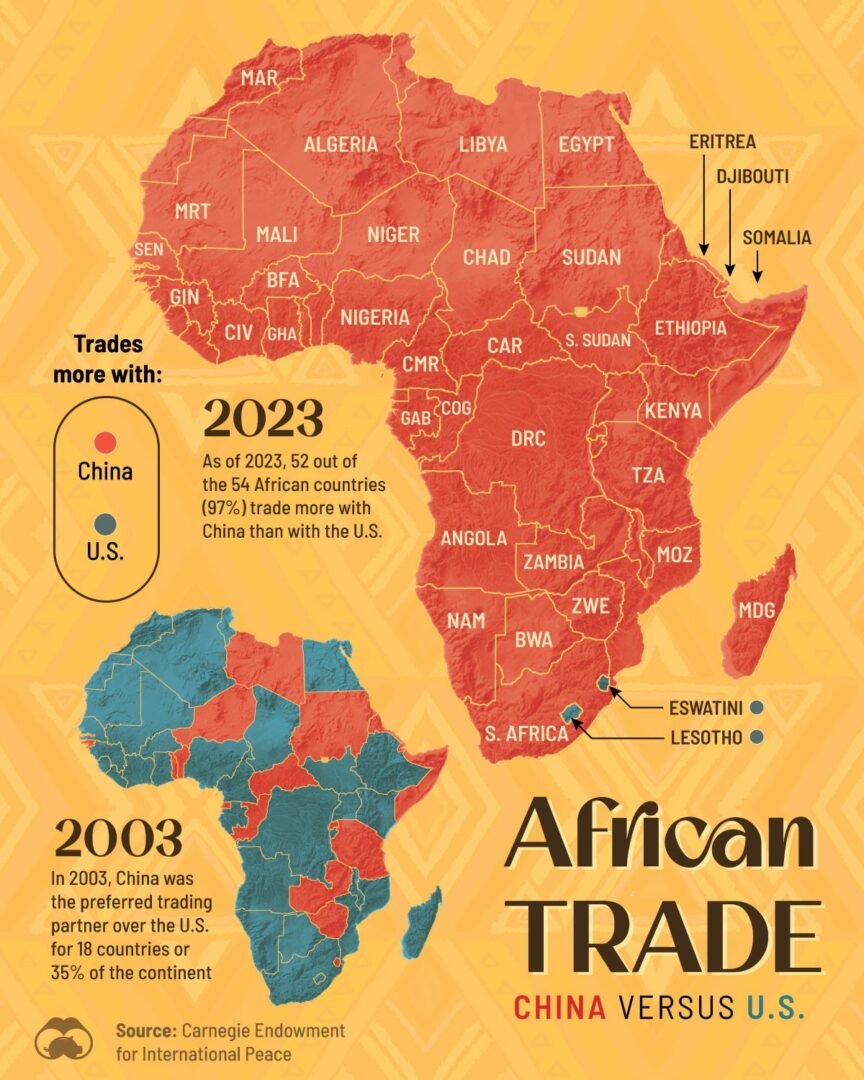
The China-Africa Forum (FOCAC) regularly outlines trade and investment targets and initiatives, reflecting the strategic importance of this economic relationship.
A continent remade?
China’s engagement in Africa is a complex and evolving story. It has brought tangible benefits in terms of infrastructure and access to goods and technology.
However, it also presents challenges related to debt, trade imbalances, and potential impacts on local industries and the environment.
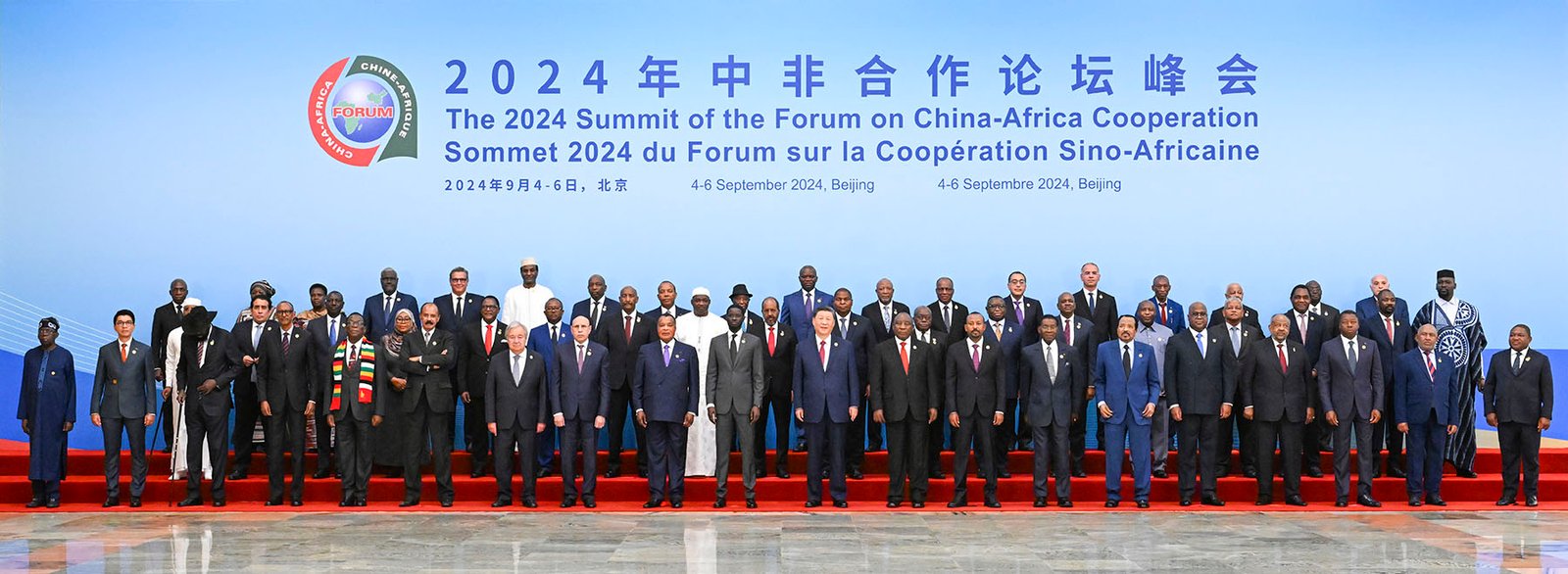
As Africa navigates this deepening relationship, the key will lie in ensuring that these partnerships are mutually beneficial, sustainable, and aligned with the continent’s long-term development goals.
The silent giant’s march across Africa is undeniable; the final image it leaves remains to be seen.
